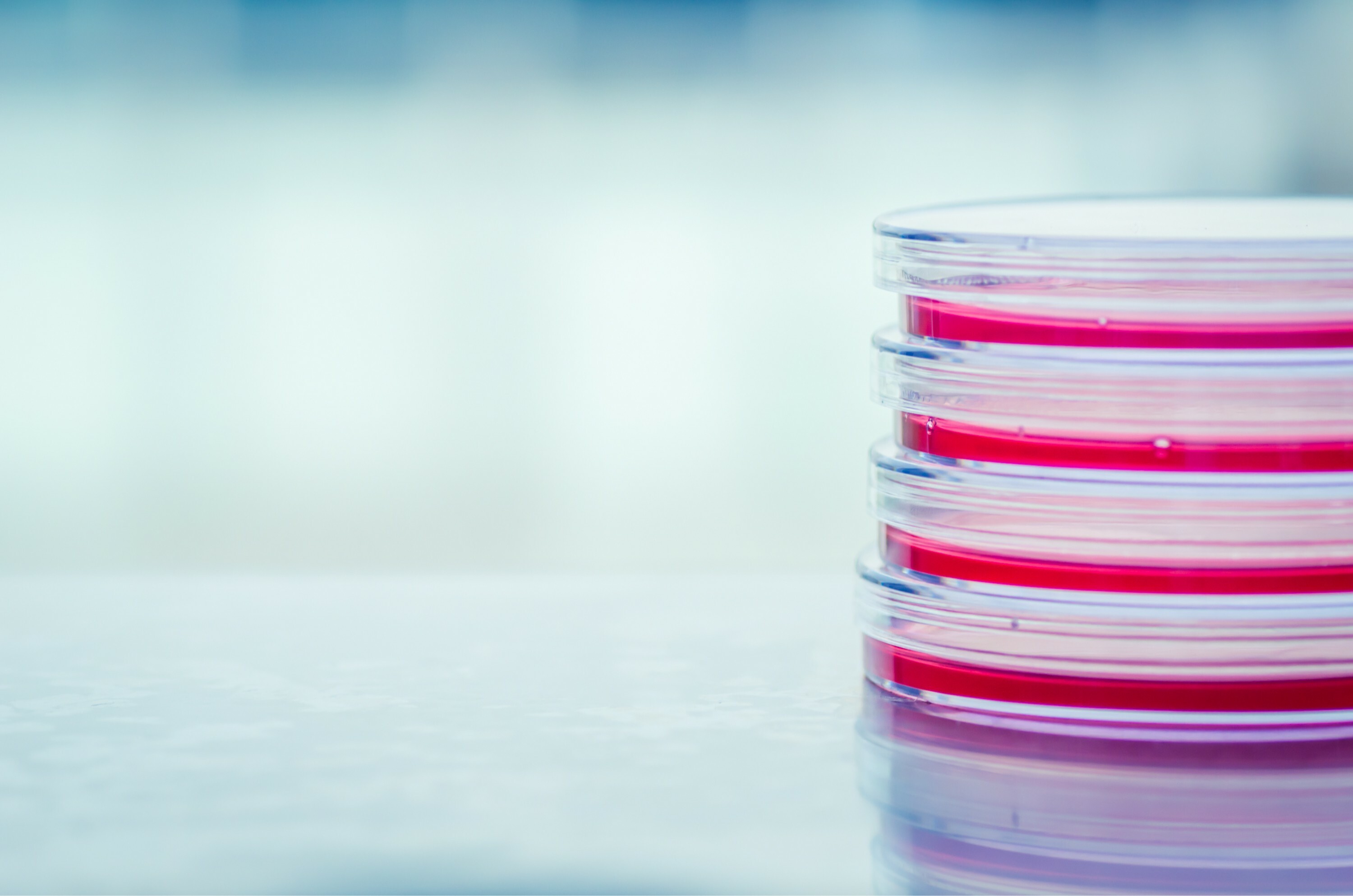CELL AND SOFT
Let’s reinvent the cell culture !


Benefits
- In vitro cell culture plates with an elastic material that mimic organs physiological rigidities
Key words
- Physiological cell culture
- Elastic material
- Ready to use
- Standard size
Intellectual Property
- 4 patents
- 1 knowhow
Laboratory
- LTM
Institutions
- CEA
- CNRS
- UGA
Linksium Continuum
- Maturation
- Incubation
Results
- Incorporated startups
Context
Most of the in vitro cell-based assays performed in research laboratories, pharmaceutical industries or screening platforms are operated on plastic dishes which rigidities are a billion times stiffer than the in vivo environment. This shortcoming is a true limitation, as many studies have proved that the mechanical properties of the microenvironment deeply impact almost every aspect of cell behavior. Thus biological results obtained from standard cell culture assays are biased by the lack of mechanical relevance of the in vitro culture devices.
Technology
Cell & Soft provides ready-to-use mechano-mimetic culture plates, called Mecachips, that imitate the mechanical properties of the in vivo microenvironment. Using technologies derived from the microelectronic field, Cell & Soft elaborates soft, elastic and flat hydrogels which can exhibit either uniform or patterned rigidity properties.
Mecachips culture plates assume the chemo-mechanical robustness of the culture environment as they combine a micron scale control of the plate mechanical properties with an independent control of the surface chemistry.
Advantages
For the first time, Mecachips culture plates overcome major limitations of in vitro cell culture:
- they enhance the mechanical physiological relevance of the in vitro tests by providing a soft extracellular substrate, inducing the emergence of physiologically relevant phenotypes
- can reproduce human-scaled, mechanical features of real cell environment
- are ready to use as they are pre-coated, to ensure the robustness of the surface chemistry
- have conditions of use that are identical to plastic or glass microplates
- are compatible with standard analysis tools (ANSI/SBS specifications).
State of progress
Mecachips cell culture plates are already available in pre-series. Mecachips are available in 10 rigidities, 5 surface chemistries and 6 standard formats.
Applications
Mecachips culture plates are intended for:
- cell-based assay
- drug discovery
- stem cell differentiation
- cell engineering

